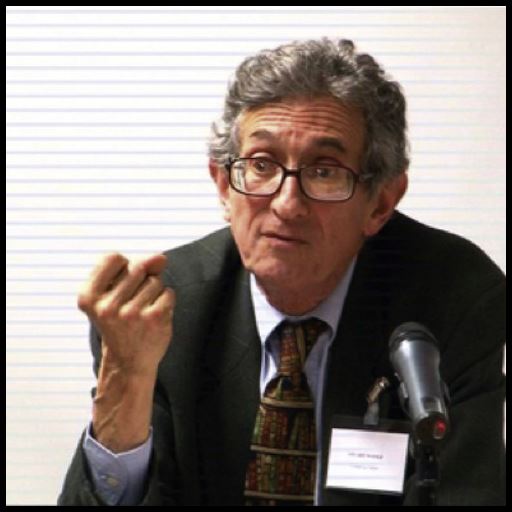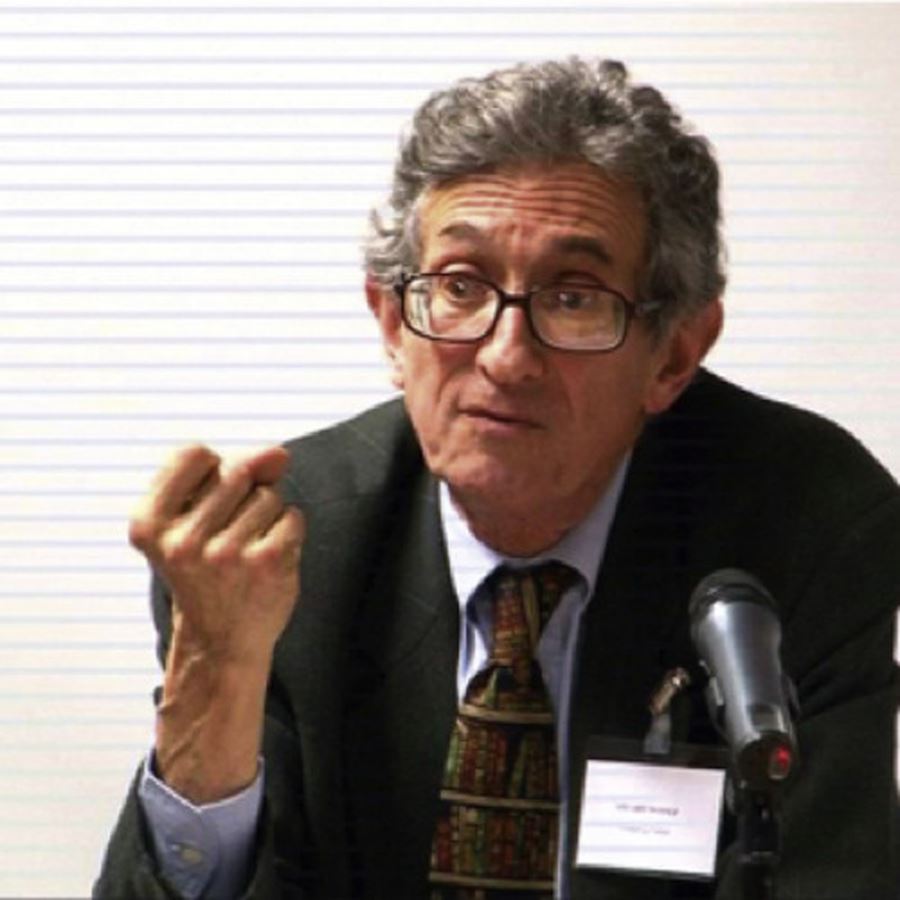Tribute: Professor Stuart Woolf 1936-2021
-
Date
Wed 19 May 21

Stuart Woolf was the first professor of the Department of History at the University of Essex. He was a historian of great range, turning his accomplished hand to diverse subjects: inter alia, the Piedmontese nobility, Italian unification, European fascism and nationalism, the state and statistics in France, work and family in key states of western Europe. He also wrote a comparative study of poverty across the eighteenth and nineteenth centuries.
This was a scholar who could write with great authority on a single country as his very highly regarded History of Italy shows, but who nevertheless had the vision to take on continent-wide themes. In his Napoleon and the Integration of Europe, he explored the first great attempt at politically-inspired, state-led European unification.
His distinction as a scholar was emphasised by the honorary doctorate bestowed by Oxford and by the British Academy’s awarding him its Serena medal for “eminent services to the furtherance of the study of Italian history”.
Stuart was a true European intellectual, publishing in French, English and Italian, holding professorships at the European University Institute and the University of Venice, and developing intellectual networks in a way that few academics do. Essex benefited greatly from this, whether through the international conferences for graduate students that he made possible in the 1990s or through his ability to enliven our intellectual life by arranging for great scholarly luminaries to present their ideas here: he brought the world-famous French historian Emmanuel Le Roy Ladurie to Essex when he was at the very height of his reputation.
Stuart was appointed professor at Essex in 1974, remarking that the number of languages spoken in the Department as he walked its corridors immediately made him feel at home. He helped continue the Department of History’s global and comparative ethos – unique in the UK at that time – which saw its historians overwhelmingly not working on British history. Arriving at Essex not long after the upheaval of the early-1970s, when students again mobilised around certain issues, Stuart’s response was engaged, sympathetic and politic. He and his wife Anna were also astonishingly generous and hospitable, their rambling home in Colchester being dubbed Woolf Towers by the younger lecturers.
Stuart Woolf’s most widely-read work is undoubtedly his translation of Primo Levi’s memoir and meditation on Auschwitz, If This Is A Man, perhaps the greatest literary work produced by a survivor of the Holocaust. Some may remember the affecting talk Stuart gave at Firstsite some years ago on his working with Levi, who was the best man at Stuart and Anna’s wedding. It is a testament to Stuart’s command of Italian that a writer of the calibre of Primo Levi should have entrusted him to produce the most widely-read translation of this great work. If This Is A Man is one of the immortal books of the twentieth century and whenever it is read in English, the reader encounters not merely the art and profundity of Levi but the precision and gifts of Stuart Woolf.
Professor Jeremy Krikler, Department of History

.jpg?mh=500&mw=500&hash=6568B6C9CCF5290A596BEF6678B6AD0E)



